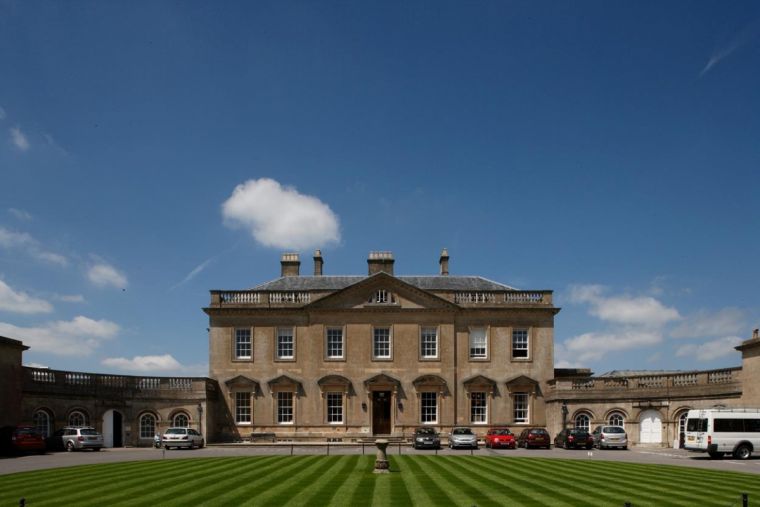Win in transgender regret research case would be 'victory for freedom of speech'

A psychotherapist challenging Bath Spa University after it refused to grant permission for research into transgender regret says a win in court this month 'would be a victory for freedom of speech in academia'.
James Caspian, 59, was speaking to The Times before a High Court hearing on February 19 where he will ask for a judicial review into the university's decision.
The university had initially accepted his research proposal into people who have detransitioned but the decision was later reversed by an ethics subcommittee which allegedly maintained that 'a potentially "politically incorrect" piece of research carries a risk to the university. Attacks on social media may not be confined to the researcher but may involve the university'.
He has turned to the courts after the university upheld its decision to turn down the research proposal.
'A win would be a victory for freedom of speech in academia and for people to feel they can research . . . any controversial subject without fear of being vetoed,' he told The Times.
Bath Spa said in a statement to the newspaper: 'His research proposal was not refused because of the subject matter, but because of his proposed methodological approach. The university was not satisfied this approach would guarantee the anonymity of his participants or the confidentiality of data.'
Mr Caspian has previously said that challenges to detransition research is an 'endemic problem in universities'.
Other researchers appear to share his concern. Last October, 54 academics published a letter in the Guardian decrying 'the suppression of proper academic analysis and discussion of the social phenomenon of transgenderism, and its multiple causes and effects'.
'Members of our group have experienced campus protests, calls for dismissal in the press, harassment, foiled plots to bring about dismissal, no-platforming, and attempts to censor academic research and publications,' they said.
'Such attacks are out of line with the ordinary reception of critical ideas in the academy, where it is normally accepted that disagreement is reasonable and even productive,' they said, adding that it was 'not transphobic to investigate this area from a range of critical perspectives'.
The academics went on to express concerns about university ties to trans advocacy organisations and the training they provide.
'Definitions used by these organisations of what counts as 'transphobic' can be dangerously all-encompassing and go well beyond what a reasonable law would describe,' they wrote.
'They would not withstand academic analysis, and yet their effect is to curtail academic freedom and facilitate the censoring of academic work.'
Signers of the letter included professors from some of Britain's top universities, including Oxford, Cambridge, University College, London (UCL), and the London School of Economics.
Last month, Alice Sullivan and Judith Suissa, of the UCL Institute of Education, said that academics were being targeted by trans activists whose aim it was to shut down debate on transgenderism.
Writing on the blog of the British Educational Research Association, they said that certain topics had become 'off limits' and that female students had reported feeling unable to speak up about their views in class.
Feminists academics in particular had been targeted, they said, after defending the sex-based rights of women and questioning the 'trans-orthodox view that biological sex is a social construct while gendered identities are fixed and innate'.
They claimed that academic study and critique around transgender issues had been 'derailed' by trans activists at a time when more research was needed because of the rapid growth in the numbers of young people presenting with gender dysphoria.
'For anyone concerned about language and meaning, and committed to democratic values, it is deeply troubling to see reasoned disagreement – often motivated by a concern with rights and justice – routinely labelled as "fascist",' they said.
'It is precisely within a climate of engaged, informed and intellectually rigorous debate, and not in some rarefied 'marketplace of ideas', that ethically and politically troubling ideas can be challenged and criticised.
'Part of the point of going to university is to be exposed to a range of ideas that may challenge, inspire and even unsettle, and to develop the ability to engage with, articulate, defend and criticise arguments on a range of topics.
'This involves developing the disposition to listen to and appreciate nuanced discussion.'











